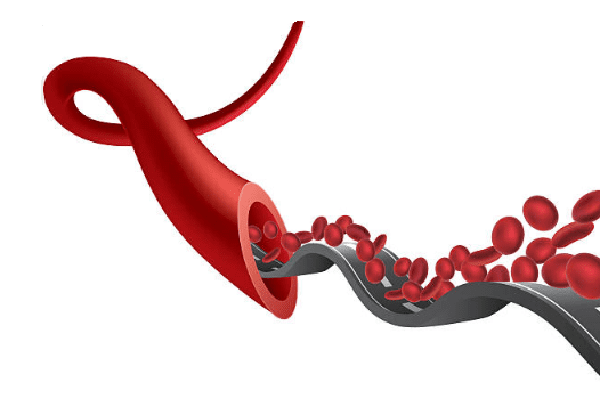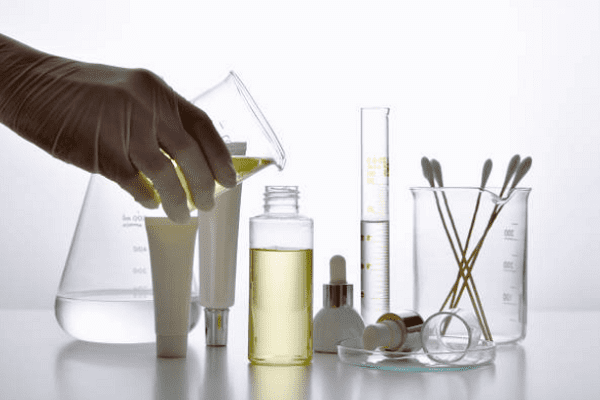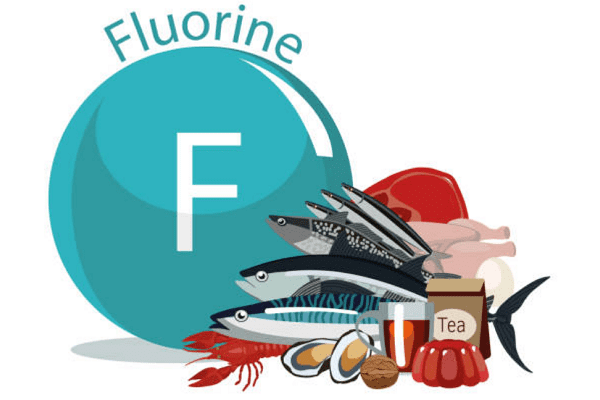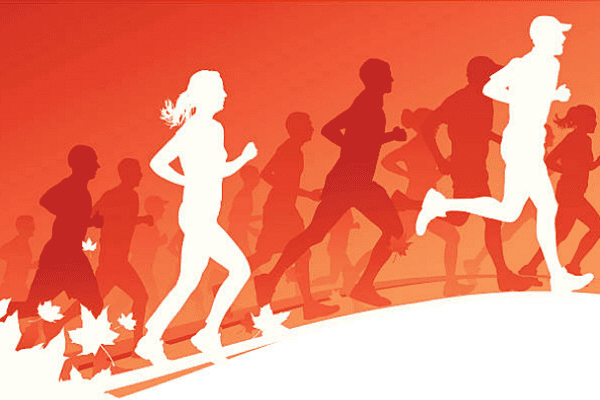Urology >>>> Uremia
Uremia.

The bloodstream is a highway for transporting substances useful to the body to various systems and organs. The final point of transportation is cells in which biochemical processes are carried out with the participation of the incoming vital elements of organic and inorganic origin. The cell needs a quantitatively defined set of substances to carry out metabolic processes. Substances that have entered the body in greater quantities than necessary remain unclaimed by the cellular structures in the bloodstream. In addition, metabolic products, "waste", and processed material, unnecessary for the body, are released from the cells into the blood.
Waste components that enter the blood are filtered using biological filters of the body, one of which is the kidneys, and are excreted in the urine from the body. Sometimes failures occur in the filtering system, the body does not have time to remove all harmful components, and their concentration in the bloodstream increases. This is how uremia develops - a condition characterized by an increase in the concentration in the blood of such substances as nitrogenous compounds (urea, ammonia, indican, uric acid, creatinine) (azotemia), cyanate, indole, phenols, medium molecular weight peptides, ribonuclease, some hormones and enzymes, oxalic acid and other substances.
With uremia, the process of transmineralization starts, when some substances begin to compete with others for places in protein structures (calcium, magnesium, potassium, sodium, phosphorus). As a result the concentration of ions of those elements in the blood increases, which should not be in such an amount (for example, calcium, potassium or magnesium). Such a redistribution of elements causes disturbances in the processes of skeletal mineralization, inhibits the functioning of the nervous system, causes hyperkalemia, hypercreatininemia, hypermagnesemia, hypercalcemia.
Uremia is accompanied by a violation of redox processes, protein metabolism, lipid metabolism, electrolyte metabolism, heat exchange (causes hypothermia), a decrease in the level of hormones such as prolactin, glucagon, growth hormone, insulin. In parallel, the respiratory organs are involved in the process of intoxication with uremia. An increase in toxic products in the blood causes edema in the alveoli, triggers proliferative processes, and thereby disrupts the diffusion of gases. This leads to the development of uremic pneumonia, uremic pulmonary edema. Uremia also affects the digestive system, causing toxic gastritis, dyspeptic disorders, and colitis. Uremia does not pass painlessly for the cardiovascular system either. With uremia, the transport of calcium ions to the myocardium is disturbed, which affects the contractile functions of the myocardium.
The causes of uremia are varied, its development can provoke:
- Renal failure (acute or chronic),
- Kidney failure or absence,
- Food poisoning of the body or chemical intoxication,
- Allergic reactions of the body,
- Extensive injuries, burns, frostbite, prolonged compression and crushing of tissues, which cause the breakdown of protein structures.
Uremia signs:
- fast fatiguability,
- dizziness,
- headaches,
- sleep disturbances or conversely, increased drowsiness,
- muscle weakness,
- tremor,
- feeling of thirst caused by dehydration,
- hypotension,
- nausea,
- vomiting,
- increased sweating,
- the smell of sweat resembles the smell of ammonia,
- itchy skin, skin irritation,
- dyspepsia.
Treatment for uremia depends on whether the condition is acute or chronic. In acute uremia, hemodialysis is indicated, which will allow to clear the blood of toxins in a very short period of time. Hemodialysis is a procedure for purifying blood from urea, uric acid and other nitrogenous compounds, unnecessary electrolytes and other harmful substances using an "artificial kidney" apparatus.
In chronic uremia, a diet with a limited protein content and a low-salt diet, taking hypoazotemic drugs, diuretics of plant or synthetic origin, gastric and / or intestinal dialysis, parenteral administration of detoxification solutions, periodic hemodialysis, vitamin therapy are indicated . Before drug therapy is prescribed, a blood test is performed to determine the level of urea, creatinine and other substances in the blood.
Uremia is a dangerous condition that, if not treated promptly or improperly, can result in pulmonary edema, terminal endocarditis, uremic coma and, as a result, death.

Read

Read


























